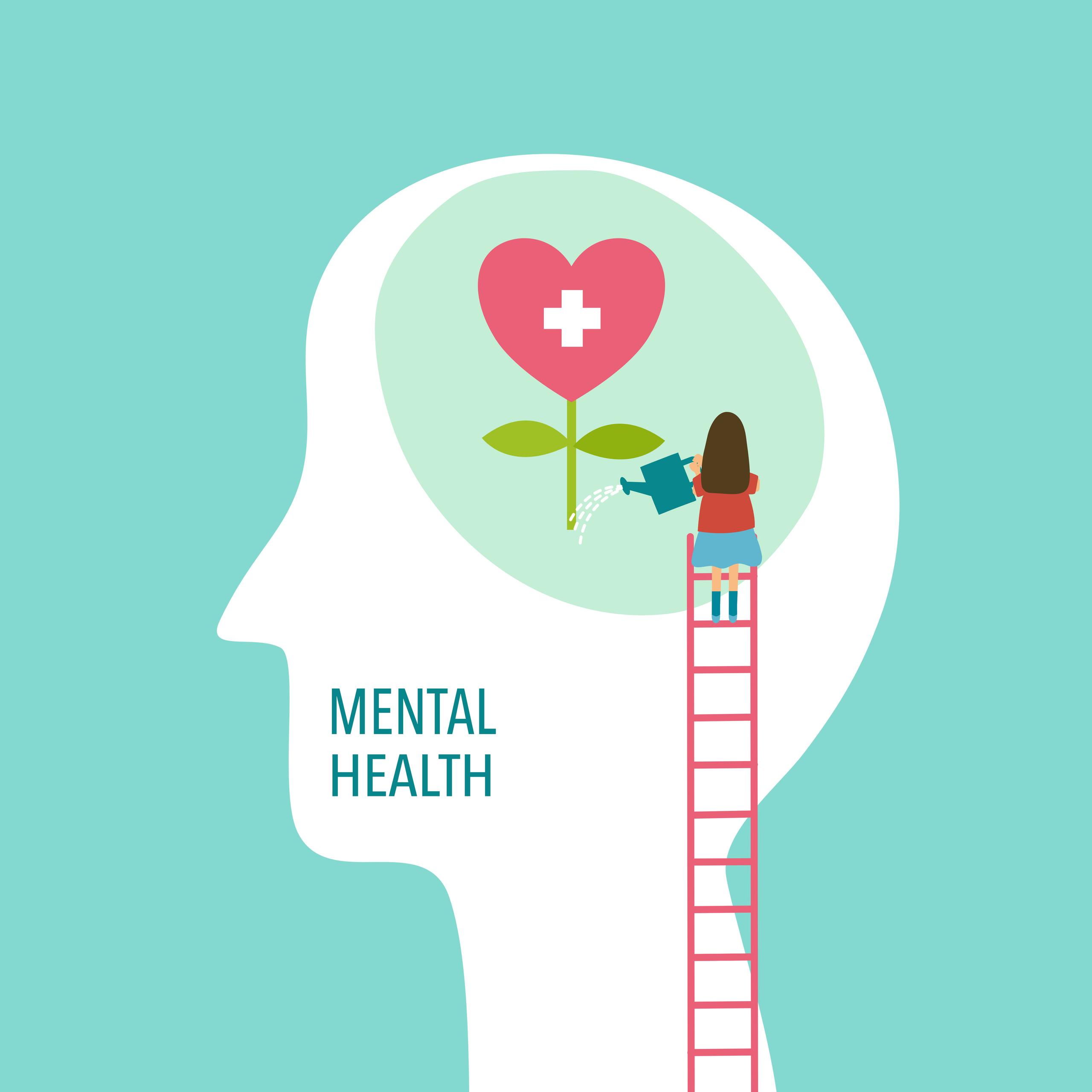Frequently Asked Questions
Whether you've had Counselling before or this is your first time considering speaking to someone, you probably have questions: some of the most commonly asked are answered below, and if you have any further questions you can Contact Me to ask them.
Can Counselling Help Me?
There are various different approaches to Counselling. The purpose of the therapeutic process is to provide someone the opportunity to talk in a confidential environment, with a professional who is detached from the worries and concerns raised by the client. This can look very different, depending on the individual - and what works for one may not work for another.
This doesn't mean that counselling couldn't help them, but that perhaps they just needed to work with a different Counsellor. This is why I work in a range of different approaches, and arrange a discovery call as our first step - so I can understand which approach is best suited to your individual circumstances and you can assess if I am the right person to meet your needs.
In this discovery call - which lasts no longer than 10 minutes - and throughout our sessions, I actively listen, with empathy and unconditional positive regard, to ensure that you feel safe and secure to explore anything that you would like to address
What can I expect in my first appointment with you?
In your first session, we will contract to work together, discuss what brings you to counselling and what you would like to achieve in your time with me. We will then decide how to approach the issue, and begin an exploration of the history to the issue.
Do I need to see you every week?
For some people it is necessary to come weekly for perhaps 2-3 weeks, in order to build up the therapeutic relationship. However, the choice as to how often to visit is always the clients. I often suggest that once a fortnight is sufficient: this is because it allows you time between sessions to 'process' what has been discussed, and to practice any tools we have learnt about in the session. In short there are no hard and fast rules.
Can I refer someone else for counselling?
Yes, it is possible to refer another to my service, most usually accessed by other professionals, however, in some cases which perhaps involve neurodiversity a family member may make representation for therapeutic support on the individuals' behalf. I often speak to partners who would like their partner to receive therapy, please be aware that in these cases it must be the individual him or herself who wants therapy who must make contact.
Can I bring someone with me if I am anxious?
Yes; however, a counselling session is confidential, and so it would be expected that the support person only attends the first session. I understand that for some neurodivergent people, for instance those with Autism*, it can prove helpful to both client and therapist to have a support person present. Thus, merit and consideration are given to each new case.
Is counselling only for people who are suicidal?
No, Counselling is for any person who is facing challenges in their lives, that they are struggling to manage for themselves.
Do I have to be an adult to get counselling?
No, anyone no matter their age is able to access counselling. There are many ways for children to access counselling support. I don't currently work with children, but if this is something you are seeking I can advise you on where to find the right kind of support.
How do I know if I need counselling?
Counselling is for anyone at any time during their life course. If something is causing you distress, confusion, frustration, anger, sadness etc, then counselling will assist you.
Where will my session be held?
I have a clinic in person at the Brighten Wellbeing Centre / Stoford - if you aren't comfortable or able to meet in person I can also offer video sessions, via WhatsApp. I do all that I am able to support my clients, in whichever way and place is most comfortable for them.
Are Our Sessions Private?
Yes. Counselling sessions are in strictest confidence. In some rare cases an exception may occur - for example, if child protection was an issue or a crime or fraud was to be committed (such as acts of terrorism or money laundering) or where there is a serious risk of self-harm or harm to another person/s. This would first be discussed with the client. Confidentiality is discussed in the first session before beginning.
How Many Sessions Will I Need?
It is difficult to predict the number of sessions that you may require. Some clients feel that only a small amount of sessions are needed, to address a single or immediate concern. Others may need more, or longer-term programmes of counselling. Either way, we will be regularly reviewing and discussing your progress together, and the decision remains yours.
Can I Cancel at Any Time?
Unless unforeseen circumstances occur, I insist that any change to the scheduling of pre-arranged appointments is notified by at least 48 hours, which enables me to plan accordingly with your sessions and others.
If you need to re-arrange a session please contact me as soon as you are able.
Why is our session only 50 minutes long when I booked for an hour?
This is standard across all Counselling and Therapeutic services; the session lasts for 50 minutes, which leaves free space between clients which protects your privacy, allowing you to gather your thoughts and belongings without 'bumping into' other clients. It also allows me to make some notes and update your records, so that what we have been discussing and how much progress you have made is detailed. I use these notes to prepare for our next session, to maintain consistency in our process and potentially to research and identify other resources which may benefit you.
If you have any further questions please get in touch, I always respond as quickly as possible, but my phone and notifications will be silenced if I am in session with a client or if I am outside of my scheduled working hours, so please allow up to 24 hours for a response.



